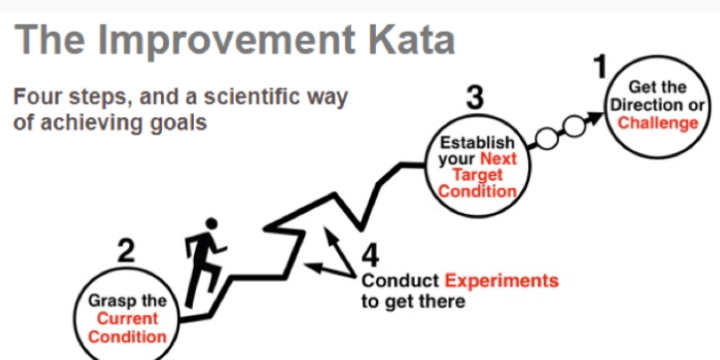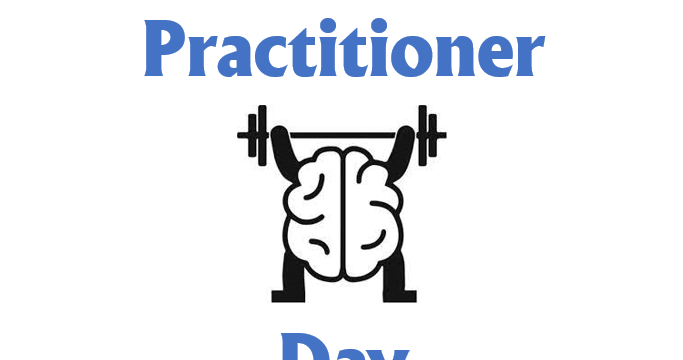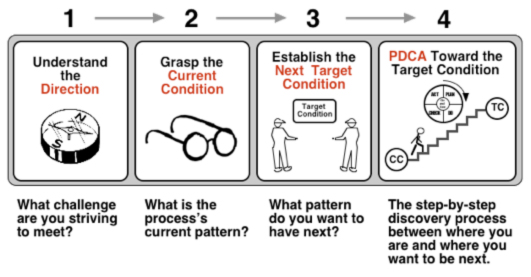
Intro to Lean – April 19th (in person) – Class is FULL
This is a one-day overview of all Lean principles with a fun and interactive simulation to demonstrate the application of the Lean tools. This class is a pre-requisite for many other classes and very beneficial for people new to Lean principles or individuals who need a broader Lean education. Date: Wednesday, April 19th Time: 8am-5pmLocation: Olympus Controls 18280 SW 108th Ave Tualatin, ORCost: $150 per person ($250 nonmembers) Registration: Email jennifer@nnwhpec.com. Include name(s), email(s), and job titles. CLASS IS FULL - you will be added to a waitlist. Key Concepts:Introduction to Lean is a beginning level course that teaches students the basic concepts of Lean Thinking. This includes topics around waste, value, 5S, single piece flow, Kanban, etc. It is suitable for students who work in office or shop…



